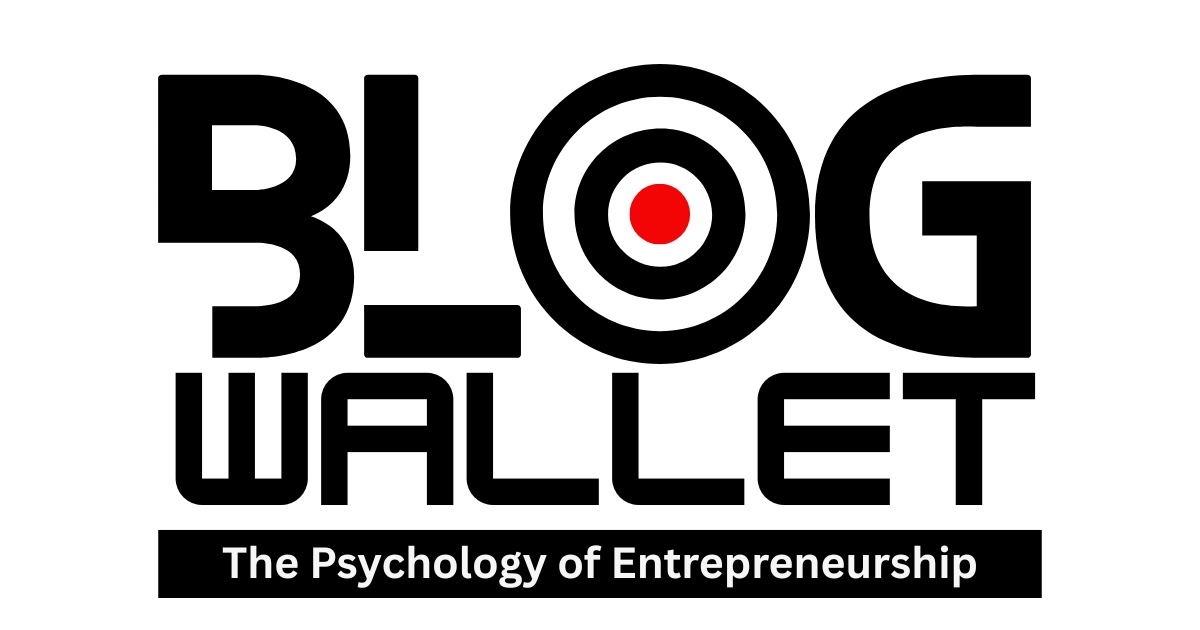
Critical Thinking Exercises You Can Learn In One Weekend
# Critical Thinking Exercises You Can Learn in One Weekend
Critical thinking is an essential skill that can significantly enhance your decision-making abilities and problem-solving capabilities. While mastering this skill may not happen overnight, there are effective exercises you can engage in over a weekend to begin your journey toward improved critical thinking. This blog post will outline practical steps and insights to help you develop a critical mindset.
## Understanding the Importance of Critical Thinking
Critical thinking involves analyzing information, evaluating evidence, and making reasoned judgments. In today’s fast-paced world, the ability to think critically is crucial for personal and professional success. It allows individuals to navigate complex situations, make informed decisions, and solve problems effectively.
Many people seek quick fixes for their challenges, believing that they can achieve mastery in a short time. However, true critical thinking requires dedication and practice. The following sections will provide you with actionable exercises that can help you enhance your critical thinking skills over a weekend.
## Exercise 1: Know Your Value
One of the first steps in developing critical thinking is understanding your own value. Reflect on your skills, experiences, and contributions. Consider a time when you achieved a significant milestone, such as landing a job or completing a project. Ask yourself what factors contributed to your success and how you can leverage those strengths in future endeavors.
To put this exercise into practice, create a list of your accomplishments and the skills that enabled you to achieve them. This will help you build self-confidence and recognize your worth in various situations, whether in a professional setting or personal relationships.
## Exercise 2: Manage Your Time Wisely
Time management is a critical aspect of effective decision-making. Often, individuals waste time on unproductive activities or pursue unworthy opportunities. To improve your critical thinking, assess how you currently spend your time. Identify tasks that do not yield significant returns and consider how you can redirect your efforts toward more valuable pursuits.
Create a schedule for your weekend that prioritizes activities aligned with your goals. Focus on engaging with individuals who appreciate your contributions and can provide constructive feedback. This exercise will help you recognize the importance of investing your time wisely and focusing on what truly matters.
## Exercise 3: Identify Toxic Influences
Another important aspect of critical thinking is recognizing and eliminating toxic influences from your life. Toxic individuals can drain your energy, diminish your self-worth, and hinder your growth. Take some time to evaluate your relationships and identify any negative influences that may be holding you back.
Make a list of individuals who consistently bring negativity into your life. Consider how these relationships affect your mental well-being and decision-making. Once you have identified these toxic influences, take steps to distance yourself from them. Surrounding yourself with supportive and positive individuals will foster a healthier environment for critical thinking.
## Exercise 4: Emphasize Execution
Critical thinking is not just about analyzing information; it also involves taking action. To develop this skill, you must practice executing your ideas. Choose a project or idea you have been contemplating and take the first step toward implementing it. This could involve conducting research, creating a plan, or reaching out to potential collaborators.
As you work on your project, be prepared to face challenges and setbacks. Use these experiences as learning opportunities. Reflect on what went wrong and how you can improve in the future. This iterative process will help you develop resilience and enhance your critical thinking abilities.
## Exercise 5: Cultivate Curiosity
Curiosity is a fundamental component of critical thinking. To foster a curious mindset, make it a habit to question the information you encounter. When presented with a claim or idea, ask yourself why it is true and seek evidence to support it. Engage in discussions with others to explore different perspectives and challenge your assumptions.
Set aside time during your weekend to read articles, watch documentaries, or engage in conversations that stimulate your curiosity. This practice will encourage you to think critically and develop a deeper understanding of complex issues.
## Conclusion: A Commitment to Continuous Improvement
In conclusion, critical thinking is a skill that requires ongoing practice and commitment. While you may not master it in a single weekend, the exercises outlined above can serve as a foundation for your development. By understanding your value, managing your time wisely, identifying toxic influences, emphasizing execution, and cultivating curiosity, you can enhance your critical thinking abilities.
Remember, the journey toward becoming a critical thinker is a lifelong endeavor. Embrace the process, be patient with yourself, and remain open to learning. Your ability to think critically will empower you to navigate challenges and make informed decisions in all areas of your life.
